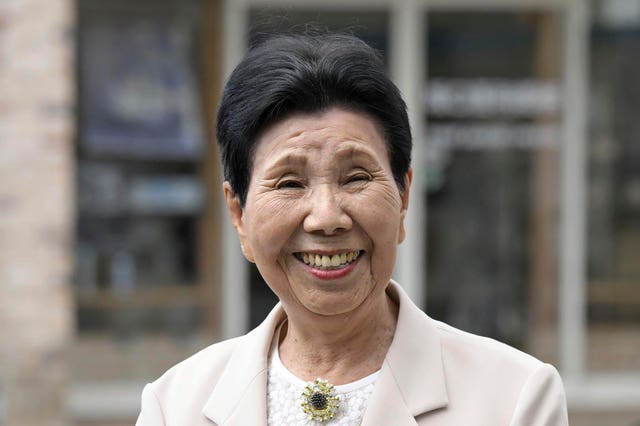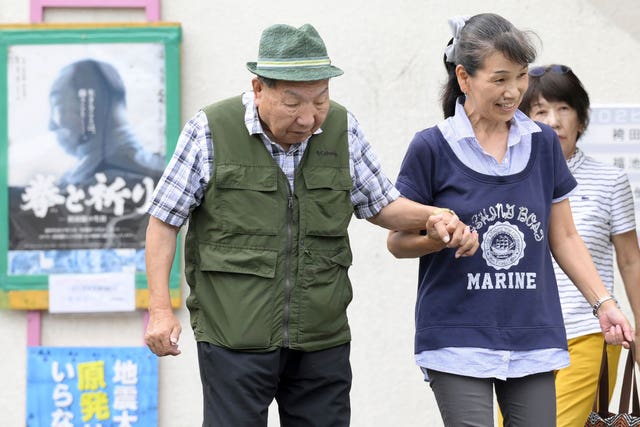Japanese prosecutors have said they will not appeal over the acquittal of the world’s longest-serving death row inmate in a retrial last month, bringing closure to the 1966 murder case after more than half a century of legal battles.
Prosecutor-general Naomi Unemoto said the prosecution decided not to appeal over Shizuoka District Court’s decision finding Iwao Hakamada not guilty in a retrial 58 years after his arrest, saying: “We feel sorry for putting him in a legally unstable situation for an extremely long time.”
Mr Hakamada, an 88-year-old former boxer, was found not guilty on October 26 by the Shizuoka court, which concluded that police and prosecutors collaborated in fabricating and planting evidence against him. The court said he was forced into confession by violent, hours-long interrogations.
The top prosecutors’ decision to not appeal two days before the October 10 deadline finalises Mr Hakamada’s acquittal by the district court.

“I kind of knew this was going to happen,” she said, with a laugh.
Ms Unemoto, in a statement on the Supreme Public Prosecutors’ Office website, also apologised for Mr Hakamada’s decades-long unstable legal situation amid a lengthy court process and pledged to investigate why the retrial took so long.
Mr Hakamada was convicted of murder over the 1966 killing of an executive and three members of his family and setting fire to their home in central Japan.
He was sentenced to death in 1968 but was not executed, due to the lengthy appeal and retrial process in Japan’s notoriously slow-paced justice system.

He spent more than 45 years on death row, making him the world’s longest-serving death row inmate, according to Amnesty International.
With Tuesday’s settlement of the retrial ruling, Mr Hakamada is now entitled to receive government compensation of up to about 200 million yen (£1.03 million).
His lawyer, Hideyo Ogawa, has said his defence team is considering filing a damages suit against the government and the Shizuoka prefecture over the collaboration of prosecutors and police in fabricating evidence, despite knowing it could send Mr Hakamada to the gallows.






